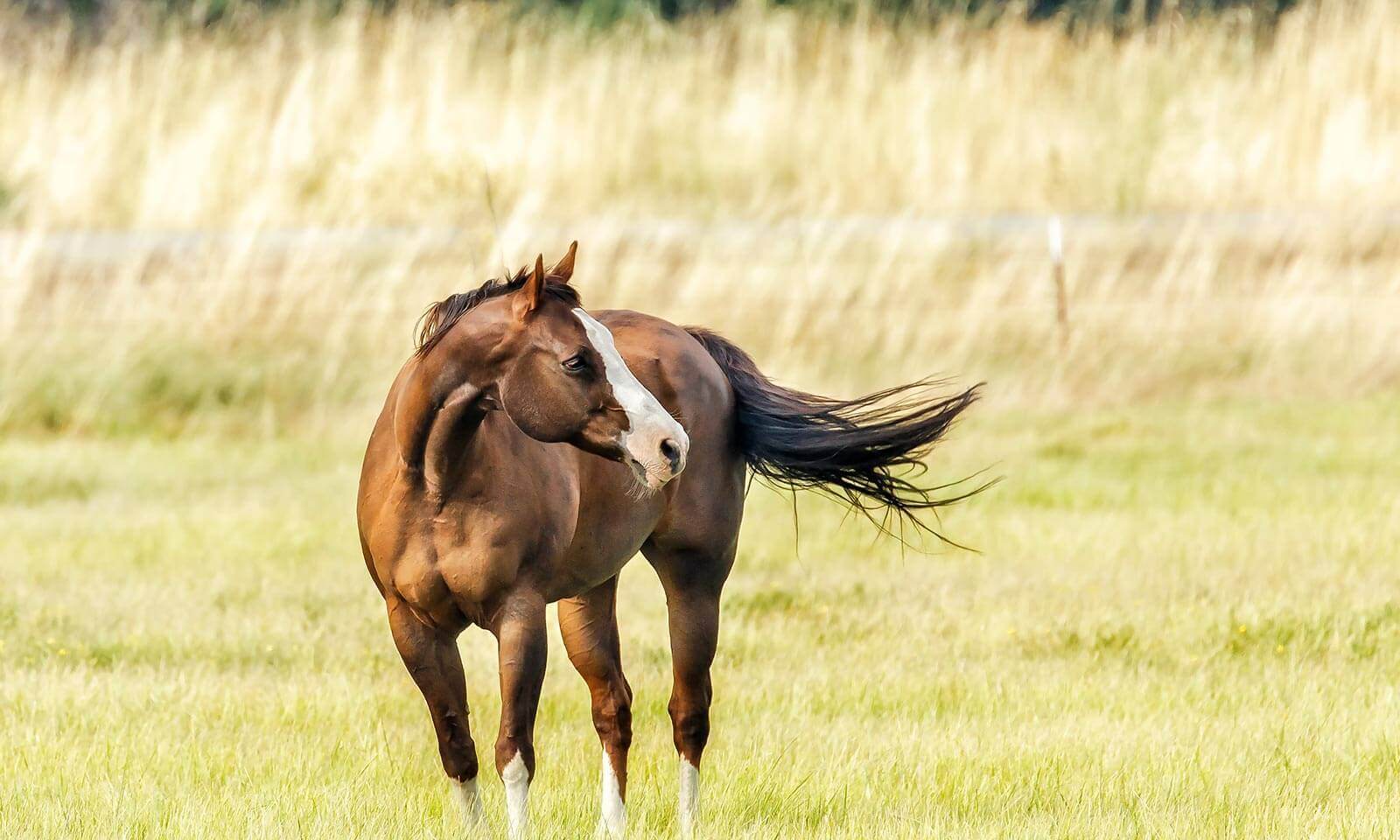News and Events
Why Dental Care Matters for Your Horse
When we think about keeping our horses healthy and comfortable, dental care can sometimes be overlooked. Yet routine dental evaluations play a critical role in your horse’s overall wellbeing, digestion, and performance.
Horses’ teeth erupt continuously throughout much of their lives. Without regular dental care, normal wear patterns can become uneven, leading to painful conditions that often develop quietly. Because horses instinctively hide discomfort, dental issues may go unnoticed until they begin to affect eating habits, body condition, or behavior under saddle.
Signs of Dental Discomfort in Horses
Dental discomfort isn’t always obvious, but there are several common signs that may indicate an issue in your horse’s mouth:
- Dropping feed or forming partially chewed balls of hay (“quidding”)
- Slow or picky eating, especially with hay
- Weight loss or difficulty maintaining condition
- Bad breath or excessive salivation
- Head tossing, resistance to the bit, or changes in behavior under saddle
- Difficulty flexing, uneven contact, or unexplained performance issues
- Facial swelling or nasal discharge (in more advanced cases)
Because horses instinctively hide pain, subtle changes in behavior or eating habits are often the first clues that something isn’t right.
---
What Is Dental Floating—and Why Does It Matter?
Dental floating (odontoplasty) is the process of smoothing and balancing the non-occlusal surfaces of a horse’s teeth. As horses chew, uneven wear patterns naturally develop, leading to sharp enamel points, hooks, ramps, or wave mouth.
Floating helps to:
- Remove sharp points that can cut the cheeks and tongue
- Restore a more even chewing surface
- Improve jaw comfort and range of motion
- Prevent minor issues from becoming serious dental disease
Regular floating keeps the mouth comfortable and functional, allowing your horse to chew efficiently and without pain.
---
How Dental Care Affects Digestion and Performance
A horse’s digestive process begins in the mouth. Proper chewing is essential for breaking down forage and grain so nutrients can be absorbed efficiently.
When dental problems are present:
- Feed is not chewed thoroughly, reducing nutrient absorption
- Poorly chewed feed can increase the risk of choke or colic
- Horses may avoid certain feeds, leading to weight loss or difficulty maintaining condition
Maintaining good dental health supports not only comfort, but also your horse’s ability to get the most out of their diet.
---
The Connection Between Dental Care and Performance
Dental discomfort also impacts performance. Pain in the mouth can cause resistance, tension, and behavioral issues under saddle or in harness. Addressing dental health often leads to noticeable improvements in:
- Responsiveness and willingness to work
- Acceptance of the bit
- Overall attitude and comfort
In many cases, routine dental care helps resolve performance issues that may otherwise be attributed to training or behavior alone.
---
How Often Does My Horse Need Dental Care?
Most horses benefit from a dental examination at least once a year. However, factors such as age, diet, workload, and individual dental anatomy may require more frequent evaluations. Young horses, seniors, and performance horses often benefit from closer monitoring.
Your veterinarian can help determine the most appropriate dental care schedule for your horse’s specific needs.
---
The Takeaway
Routine dental exams and floating are a key part of preventative veterinary care. By addressing dental issues early, we can help prevent pain, support proper digestion, and promote long-term comfort and performance.
A healthy mouth contributes to a healthier, happier horse—and regular dental care is one of the simplest ways to support their overall wellbeing.

